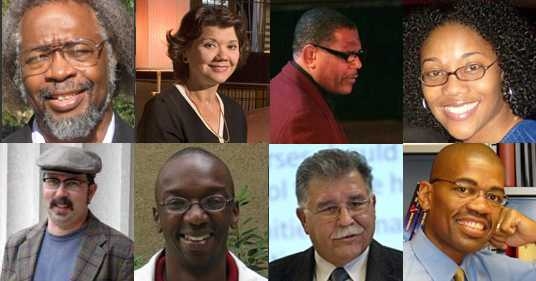William Yslas Velez

- MIT Sponsors:
- Michael Sipser, Department of Mathematics
- Scholar Link:Visit William Yslas Velez's faculty page
Through our scientific and technological genius, we've made of this world a neighborhood. And now through our moral and ethical commitment, we must make of it a brotherhood.
Background
William Yslas Velez is a University of Arizona Distinguished Professor of mathematics and associate head of the Mathematics Department at the University of Arizona. He completed his PhD, MSc, and BSc, all in mathematics, at the University of Arizona.
Interests
His research specializes in number theory and algebraic coding theory. As an MLK visiting professor in the Department of Mathematics, Velez continued his recruitment efforts and his commitment to the academic development of underrepresented minority students. He is also former president of the Society for the Advancement of Chicanos and Native Americans in Science.
